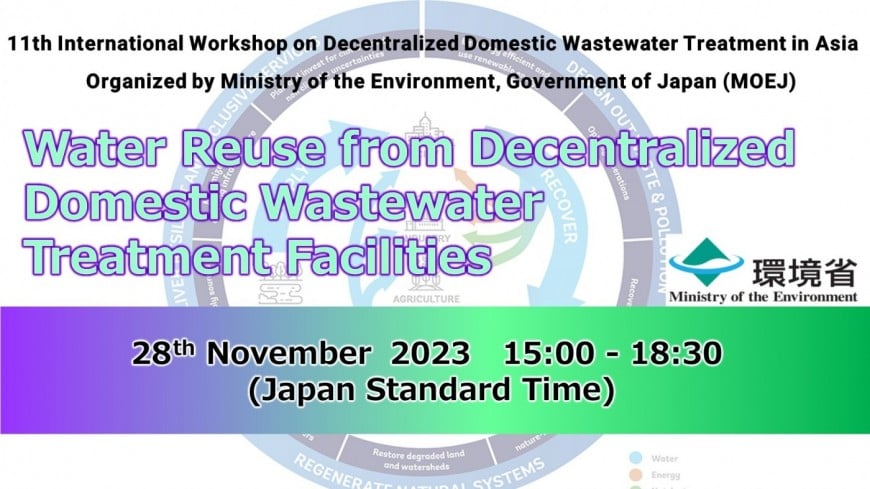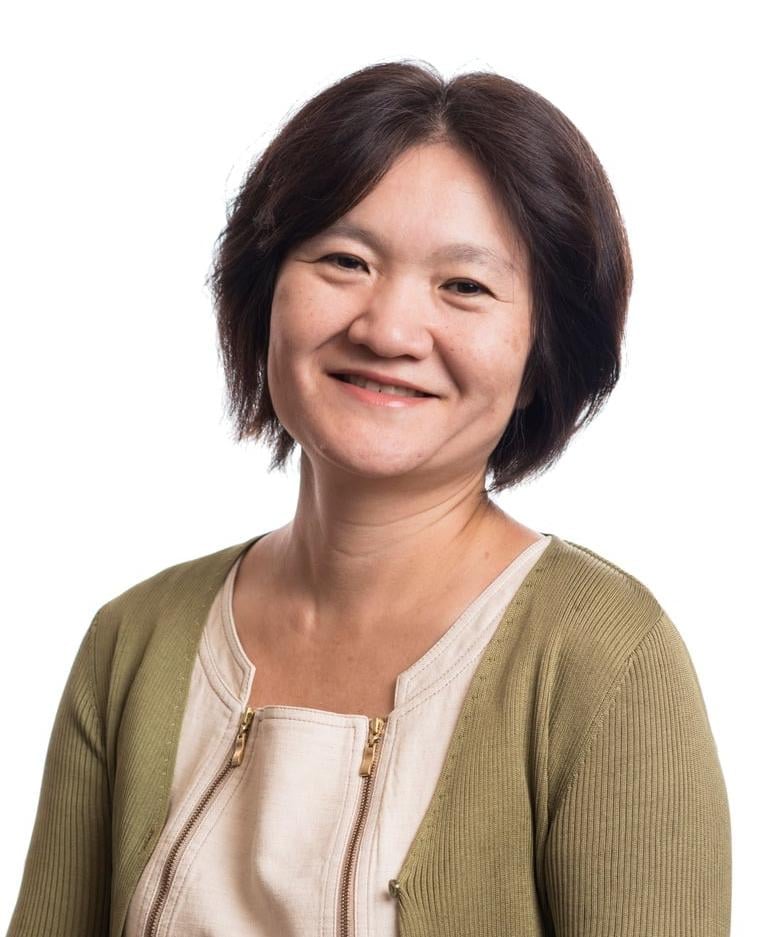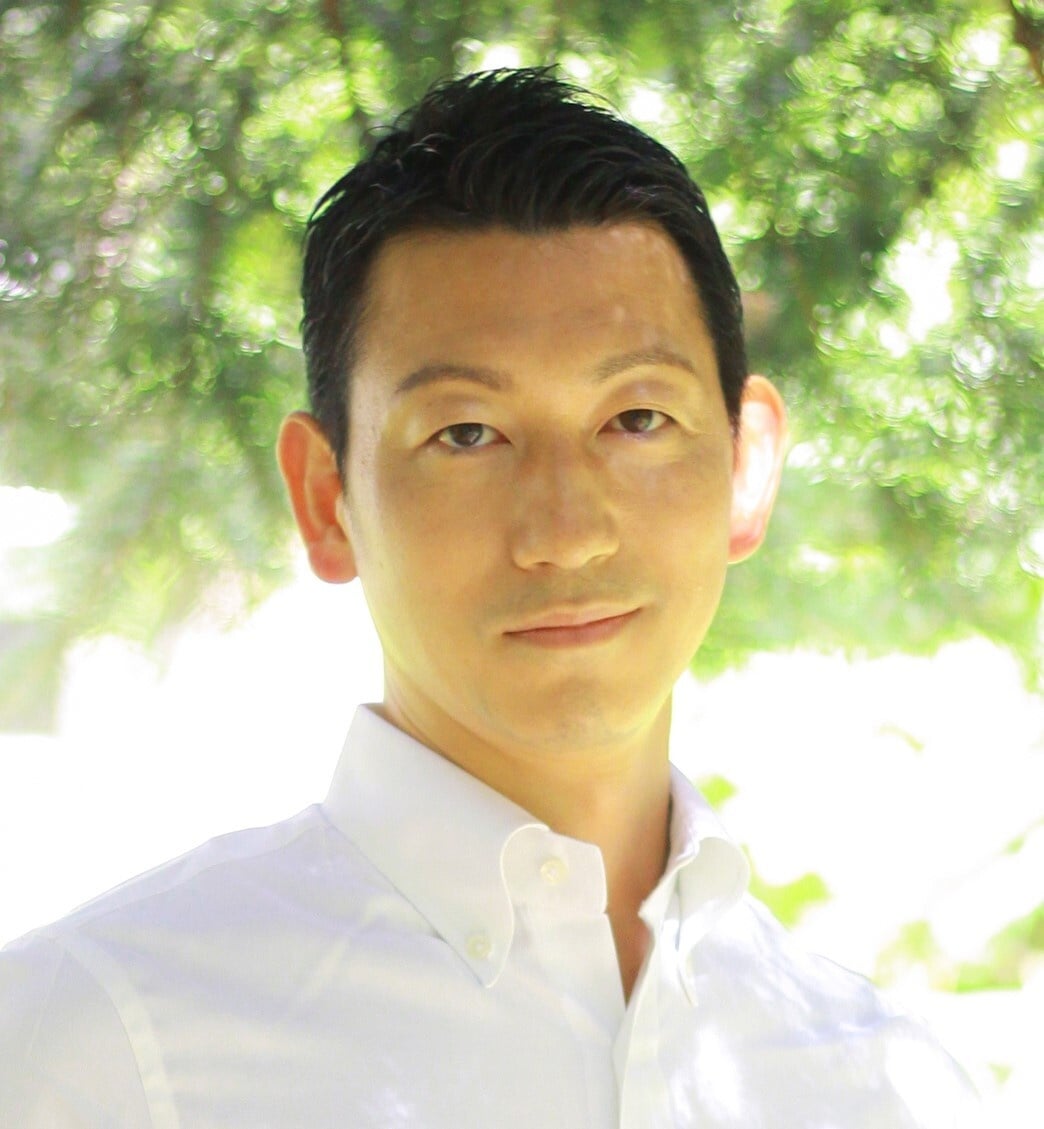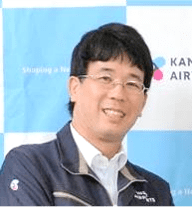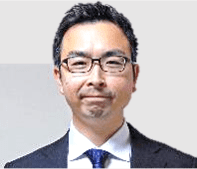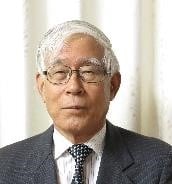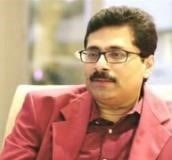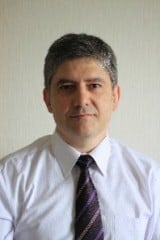In this Workshop, as a Keynote, international organization, World Bank will introduce why the effluent reuse is important through the aspect of the circular economy, how much demand there is for the effluent reuse of wastewater treatment facilities, and what examples of efforts are being made around the world.
Following, in Session A, will introduce examples of effluent reuse from decentralized wastewater treatment facilities in Japan and overseas.
Johkasou can discharge better water quality of effluent than decentralized wastewater treatment facilities such as septic tanks, which are commonly used in developing countries. Therefore, it is assumed that the treated water can be used more easily and stably than septic tanks.
The good quality of effluent from the Johkasou is achieved not only by proper design and manufacturing that enable to treat both black water and gray water, it is brought by as well as appropriate construction, maintenance, cleaning, and inspections guaranteed by the Johkasou Act. In other words, the reliable functioning of legal systems related to decentralized wastewater management, such as Johkasou Act, can be considered to increase the utilization potential of effluent reuse.
Therefore, in Session B, an official from the Johkasou Promotion Office of Ministry of the Environment Government of Japan will introduce the Johkasou Act, and as well as an ordinance on decentralized wastewater management currently being under consideration in Telangana, India. This ordinance has innovative contents requiring effluent reuse in addition to install the decentralized wastewater treatment facilities for the buildings above a certain scale.
This workshop will discuss the importance of effectively reusing the treated effluent of decentralized domestic wastewater treatment facilities, as well as the legal and regulatory framework needed to create the environment enabling the scaling up the use of decentralized domestic wastewater management in order to achieve water reuse more widely. In this workshop, the participants are expected to debate actively and exchange their experiences, opinions, and point of views.

